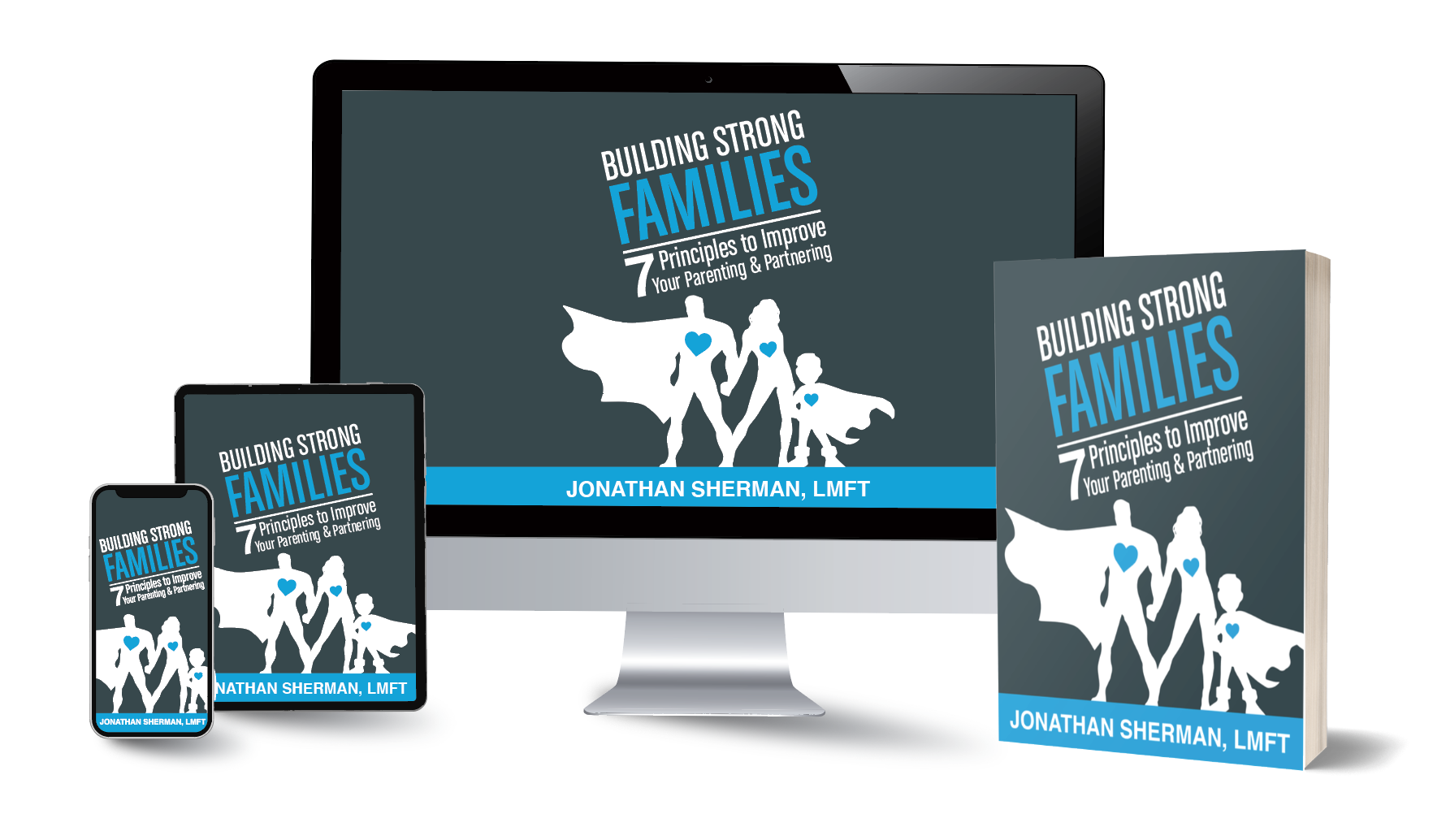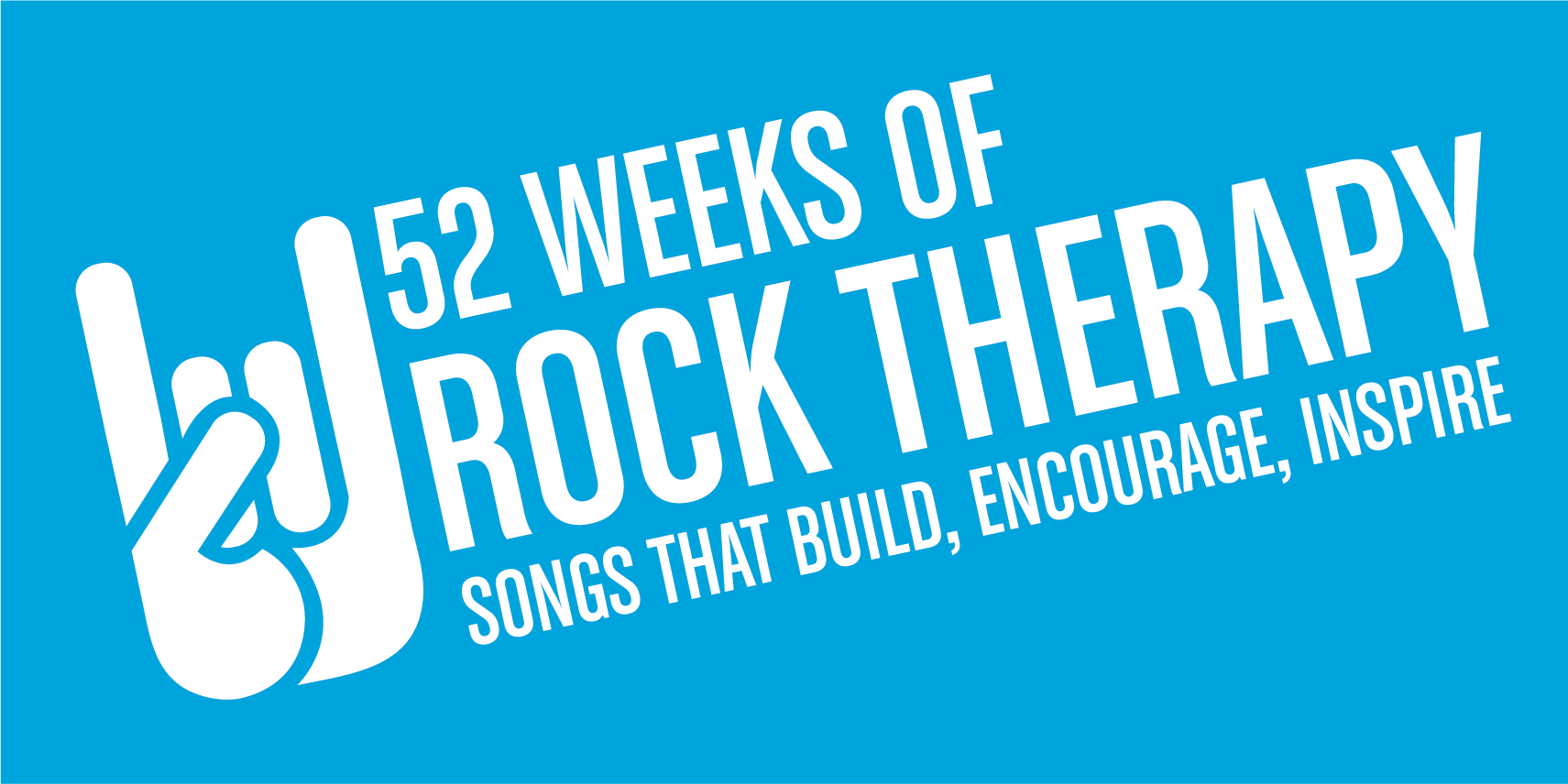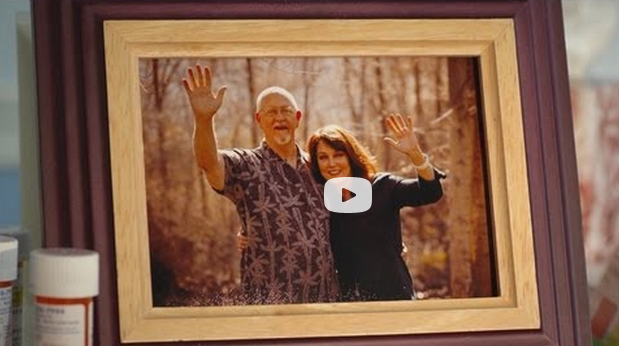Clergy: Measure Progress, Expect Outcomes
/Dear Bishop/Clergy Member,
I won’t pretend that I have a “Simple and easy 10-step plan!” that will save all marriages. Some can’t be, some won’t be, and quite frankly, some shouldn’t be. The sad, current reality is represented in these grim statistics surrounding marriage and divorce: 50% divorce rate for first marriages, 65% divorce rate for second marriages, and only 25% of those who are married report being happily so. However, the good news is, the GREAT news is, the research shows on average, 70–75% of couples benefit substantially from counseling, and about 90% report at least some improvement in satisfaction or communication*. My experience of 30+ years bears those numbers out as well, and generally higher, considering the populations I work with and my specialized training. With numbers like these, you can see why I love my job.
However, I cannot and will not take full credit for this success. Many factors conspire synergistically to create successful outcomes (in no particular order):
The Therapist: Yes, my skill, training, education, experience, and expertise are important factors. While I have no desire to boast, I will not feign false modesty—I do know my game and I know it well;
The Bishop: Couples who are supported and referred by their Bishops tend to take their counseling more seriously and are more willing to use their testimonies in the process of changing their hearts, learning new skills, and correcting their behaviors. Further, I believe I am correct in my understanding here that through your support and encouragement of them working on their marriage, they fall under your mantle and receive spiritual support through that.
Christ: I believe and take full advantage of Christ’s promise that “Where two are three are gathered in my name, there will I be also in their midst” (Matthew 18:20);
Our Leaders: There is the power of the promises the General Authorities have given us on marriage.
Agency: Then there is the power of their own agency to choose to engage in this work to create a truly united and loving marriage. To choose to be fully accountable to their own testimonies. To choose to be guided by faith even in the midst of seemingly impossible odds, in the midst of what appears to be no reason to hope.
Translating Knowledge to Application: Many of the members I have been blessed to work with have strong testimonies of the principles of the Gospel, but struggle in the translation of those truths into specific application in the stresses of daily life in real-life scenarios. That’s where I come in. My work is based on the foundational principles of the Gospel, and with my training as a marriage and family therapist, I can provide your members with the practical application they so desperately seek.
When all of these forces are combined, it is hard, if not impossible, for the Adversary to prevail. I inform my clients that if they are willing to show up and do the work, they will get better. They do. The outcomes at a certain point become a foregone conclusion. It does become predictable.
*References
Carr, A. (2019). Family therapy and systemic interventions for child-focused problems: The current evidence base. Journal of Family Therapy, 41(2), 153–213.
Johnson, S. M. (n.d.). About EFT for Professionals. International Centre for Excellence in Emotionally Focused Therapy. Retrieved from https://www.ncceft.com/About-EFT-For-Professionals (states: “Studies find that 70-75% of couples move from distress to recovery, and approximately 90% show significant improvement.”)
Johnson, S. M., & Talitman, E. (1997). Predictors of success in emotionally focused marital therapy. Journal of Marital & Family Therapy, 23(2), 135-152. https://doi.org/10.1111/j.1752-0606.1997.tb00239.x
Johnson, S. M., Hunsley, J., Greenberg, L., & Schindler, D. (1999). Emotionally Focused Couples Therapy: Overview and Outcomes. Journal of Clinical Psychology, 55(10), 1239–1248.
Johnson, S. M., Hunsley, J., Greenberg, L., & Schindler, D. (1999). Emotionally focused couples therapy: Status and challenges. Clinical Psychology: Science & Practice, 6(1), 67-79. https://doi.org/10.1093/clipsy/6.1.67.
Johnson, S. M., & Wittenborn, A. K. (2012). New Research Findings on Emotionally Focused Therapy: Moving From Distress to Recovery. Journal of Marital and Family Therapy, 38(1), 1–18.
Johnson, S. M. (2013). Soothing the threatened brain: Leveraging contact & connection in emotionally focused therapy. Attachment & Human Development, 15(5), 393–413.
Roddy, M. K., Walsh, L. M., Rothman, K., Hatch, S. G., & Doss, B. D. (2020). Meta-analysis of couple therapy: Effects across outcomes, designs, time-frames, and other moderators. Journal of Consulting and Clinical Psychology, 88(7), 675–692.
Wiebe, S. A., & Johnson, S. M. (2016). A review of the research in emotionally focused therapy for couples. Family Process, 55(3), 390-407. https://doi.org/10.1111/famp.12229.














































